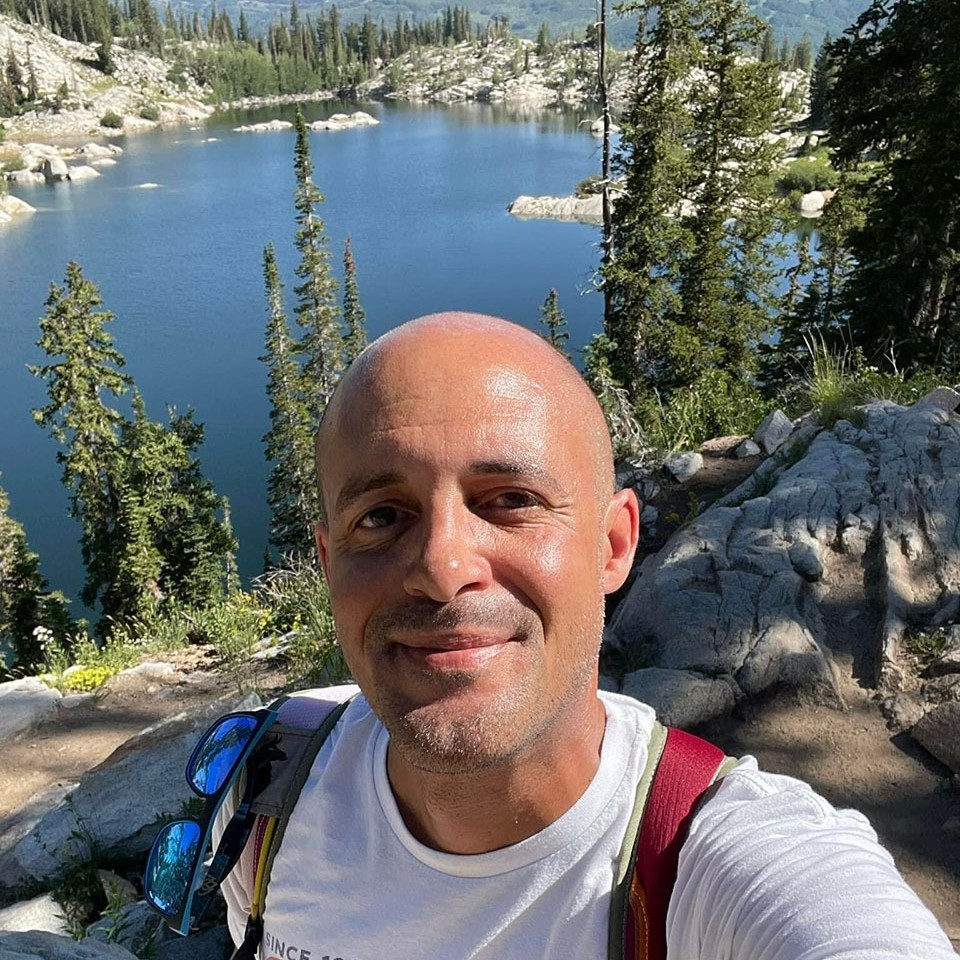– The pivotal role of zoos in wildlife conservation and education
– The journey of Jason Sorstokke at Utah’s Hogle Zoo toward understanding and addressing race and racism
– How Utah’s Hogle Zoo is fostering inclusivity and community outreach
– The importance of creating an environment where all feel valued and heard
– The impact of cultural shifts on zoo management and conservation efforts
Zoos have long served as vital centers for wildlife conservation, education, and recreation. They play a crucial role in preserving species, rehabilitating injured animals, and providing a bridge between humans and nature. This article dives into the evolving landscape of zoo management, emphasizing the integration of social awareness and inclusivity in these institutions. Jason Sorstokke’s experience at Utah’s Hogle Zoo is a poignant example of this transformation.
Jason Sorstokke, a senior zookeeper, shares his journey of recognizing and confronting issues of race and racism within the zoo environment. His narrative underscores the importance of acknowledging these societal challenges and addresses how they intersect with the broader mission of zoos. Under Jason’s influence, Hogle Zoo has initiated a significant cultural shift, emphasizing creating an inclusive atmosphere. This approach enriches the workplace for zoo employees and enhances the experience for community members visiting the Zoo.
Inclusivity in zoo settings transcends mere employment practices; it extends into how zoos engage with their local communities and the educational messages they impart. Through various outreach programs, Hogle Zoo has made strides in ensuring its conservation messages and educational programs reach a diverse audience. This strategy reinforces the overarching mission of zoos to inspire a deep respect and understanding of wildlife across all sections of society.
Creating an environment where everyone feels valued and heard isn’t just about fostering a positive workplace or visitor experience. It also has tangible benefits on conservation efforts. When communities feel connected and represented by their local zoos, they are more likely to support conservation initiatives. Jason’s work emphasizes the indispensable link between social equity and environmental stewardship.
The impact of cultural shifts within zoos like Hogle Zoo has broader implications for zoo management and conservation strategies. Recognizing the interconnectedness of societal issues with environmental challenges prompts a more holistic approach to conservation. Zoos are not only seen as places to observe wildlife but as institutions that reflect our values towards each other and nature.
Jason Sorstokke’s journey and the initiatives at Utah’s Hogle Zoo illuminate the evolving role of zoos in society. Through a commitment to inclusivity, community outreach, and a nuanced understanding of the social dimensions of conservation, zoos are redefining their impact on local communities and global conservation efforts. These institutions are powerful platforms for promoting biodiversity, fostering empathy towards wildlife, and driving societal change. As zoos adapt and grow in this direction, they further solidify their place as essential components of a conscientious society dedicated to safeguarding our planet’s natural heritage for future generations.
*****
Source Description
In a candid piece, Jason Sorstokke, a senior zookeeper at @HogleZoo, shares his journey of understanding race and racism in the. Driven by a strong desire to make a difference, Jason is dedicated to helping the Zoo create an inclusive environment where everyone, from zoo employees to community members, feels valued and heard.
📰 In Connect, read more about Jason’s story and his perspective on the significant cultural shift at Utah’s Hogle Zoo over the past three years as the Zoo continues to make strides in fostering through community outreach. Link in bio!


